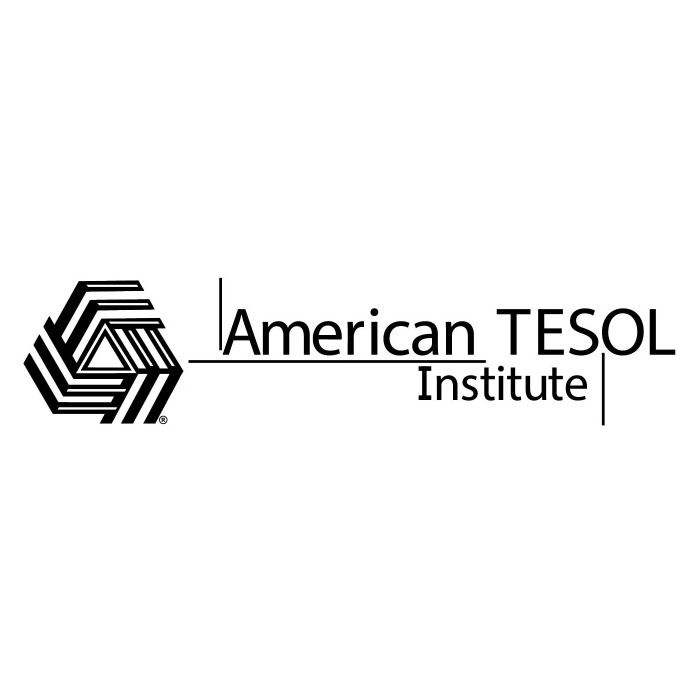The adage “You can’t teach an old dog new tricks” simply doesn’t hold water when it comes to learning English. While adult learners may face unique challenges, they also possess distinct advantages that can make them highly successful language learners. As TESOL educators, understanding these nuances is key to creating effective and engaging learning experiences for mature students.
The Mature Mind: Advantages and Challenges
Advantages:
- Motivation: Adult learners are often driven by specific goals, such as career advancement or travel, leading to higher motivation and commitment.
- Life Experience: They bring a wealth of life experience and knowledge to the classroom, which can enrich discussions and provide context for language learning.
- Cognitive Maturity: Adults have developed cognitive skills and learning strategies that can be leveraged for efficient language acquisition.
- Self-Awareness: They are often more aware of their learning styles and preferences, enabling them to take ownership of their learning process.
Challenges:
- Time Constraints: Adults juggle multiple responsibilities, which can limit their time for studying and practicing.
- Fixed Habits: Years of ingrained language patterns can make it challenging to adopt new pronunciation and grammar rules.
- Fear of Mistakes: Some adults may feel self-conscious about making mistakes, hindering their willingness to speak and participate.
- Learning Anxiety: Past negative experiences with education can create anxiety and affect confidence in learning a new language.
Rewiring the Brain: Strategies for Success
While long-held neural pathways can seem resistant to change, the brain retains its plasticity throughout life. Here’s how to help adult learners rewire their brains for language learning:
- Create a Safe and Supportive Environment: Foster a classroom culture where mistakes are seen as learning opportunities and risk-taking is encouraged.
- Connect to Real-Life Goals: Relate language learning to students’ personal and professional goals to enhance motivation and relevance.
- Emphasize Active Learning: Engage students in interactive activities, discussions, and real-world tasks to promote active language use.
- Provide Personalized Feedback: Offer constructive feedback that focuses on progress and encourages continuous improvement.
- Encourage Self-Reflection: Help students identify their learning styles, strengths, and weaknesses to foster self-directed learning.
- Celebrate Successes: Acknowledge and celebrate students’ achievements to build confidence and maintain motivation.
Resources for Teaching Adults:
- American TESOL Institute: Offers specialized courses and resources for teaching English to adults.
- Teaching Adults: A website with articles and tips for adult education.
- Adult Learning Principles: A guide to understanding how adults learn.
Teaching English to adults is a rewarding experience that requires understanding their unique needs and motivations. By creating a supportive environment, connecting learning to real-life goals, and employing effective teaching strategies, you can help adult learners overcome challenges, rewire their brains for language acquisition, and achieve their English language goals. It’s never too late to learn!


